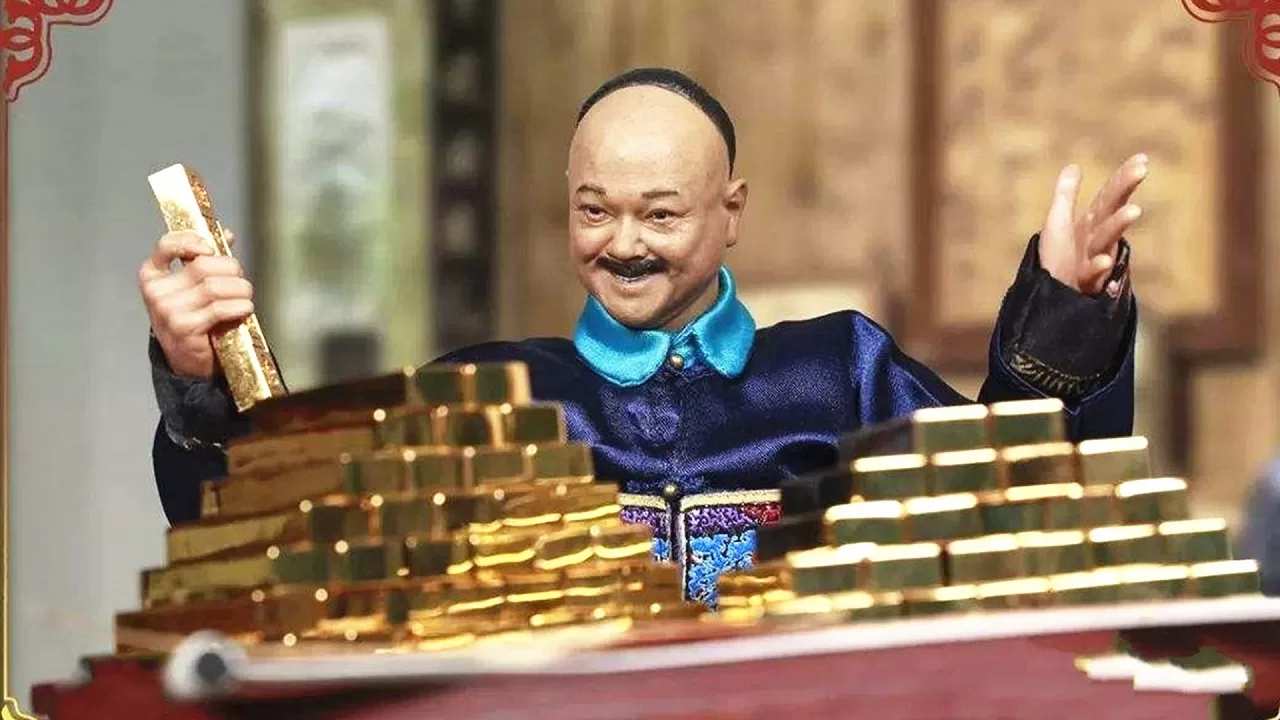Heshen (和珅), also known as He Shen, was one of the most notorious and corrupt officials in the history of China. He served as a minister and a trusted confidant of Emperor Qianlong during the Qing Dynasty (1644-1912), and his story is a cautionary tale about the dangers of unchecked power and greed.
Early Life
Heshen was born in 1746 in Qian’an, Hebei province, to a family of modest means. He started his career as a minor official in the imperial bureaucracy but quickly rose through the ranks due to his intelligence, charm, and political acumen. In 1768, he caught the attention of Emperor Qianlong and was appointed as an assistant in the Imperial Household Department.
The Imperial Household Department was responsible for managing the emperor’s personal affairs, including his finances, properties, and servants. Heshen quickly realized that this position gave him enormous power and influence over the emperor. He used his charm and cunning to win Qianlong’s trust and became his most trusted adviser.
Rise to Power and Corruption
Heshen’s rise to power was meteoric. Within a few years, he was promoted to the rank of Grand Secretary, the highest position in the imperial bureaucracy. He controlled the emperor’s finances and amassed a huge fortune through corruption, extortion, and bribery. He used his wealth to buy the loyalty of other officials and to indulge in a lavish lifestyle.
Heshen’s corruption was legendary. He embezzled funds from the imperial treasury, extorted money from businessmen, and took bribes from anyone who sought his favor. He used his position to promote his relatives and friends and to punish his enemies. He also indulged in opium and alcohol, and his behavior became increasingly erratic and unpredictable.
Despite his corruption and excesses, Heshen remained in power for more than two decades. He was so influential that even the emperor was afraid to cross him. Qianlong turned a blind eye to Heshen’s misdeeds and even defended him against his critics. Heshen became so powerful that he was practically running the country in the emperor’s name.
The Downfall
Heshen’s downfall came in 1799 when he was accused of plotting to overthrow the emperor. The accusation was based on flimsy evidence, but Qianlong saw it as an opportunity to rid himself of his corrupt adviser. Heshen was arrested and subjected to a brutal interrogation. He was eventually found guilty and sentenced to death.
Heshen’s execution was a dramatic spectacle. He was stripped of his rank and titles, his assets were seized, and his family members were punished. He was forced to wear a wooden sign that read “He Shen, the Traitor,” and was paraded through the streets of Beijing before being beheaded in front of a huge crowd.
Heshen’s legacy is a cautionary tale about the dangers of unchecked power and corruption. His rise to power and fall from grace illustrate how easy it is for officials to abuse their positions and how difficult it is to hold them accountable. His story also highlights the importance of transparency, accountability, and the rule of law in ensuring good governance.
Conclusion
In conclusion, Heshen was a corrupt and ruthless official who abused his power and enriched himself at the expense of the people he was supposed to serve. His story serves as a reminder of the importance of moral integrity and ethical conduct in public service, and the need for strong institutions and checks and balances to prevent abuses of power.


